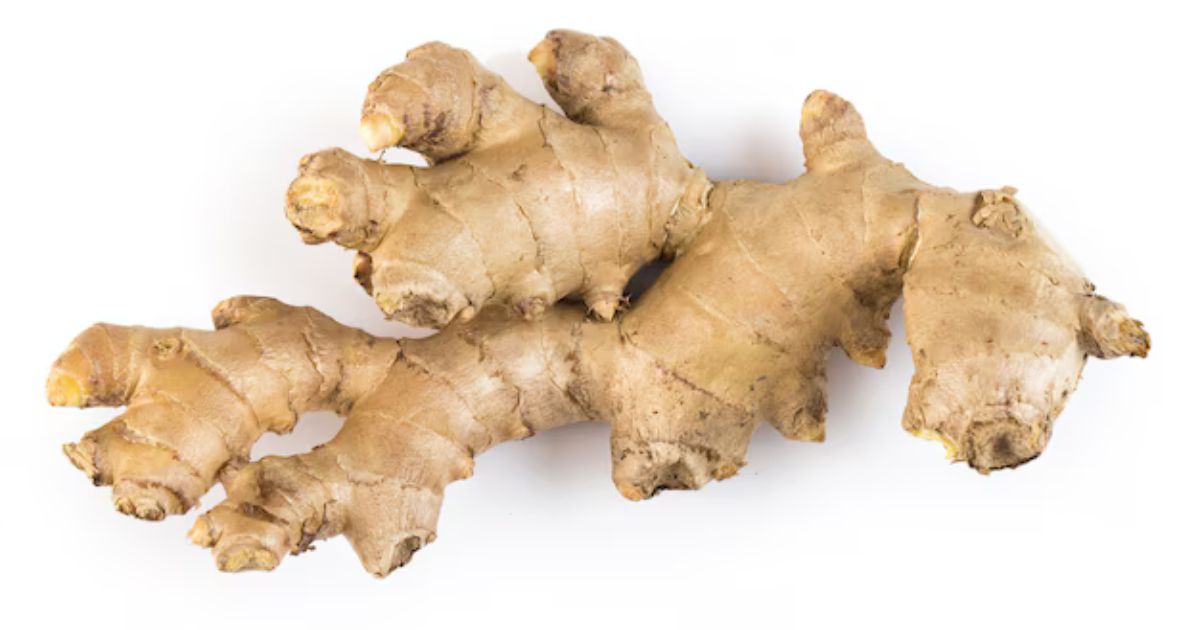Ginger, scientifically known as Zingiber officinale, is a flowering plant that has been used for centuries in various cultures for its culinary and medicinal properties. This aromatic spice is not only a popular ingredient in many dishes but also offers numerous health benefits. In this article, we will explore the origins, uses, and incredible advantages of incorporating it into your daily life.
What is Ginger?
It is a rhizome, which means it’s an underground stem that grows horizontally. The part of the plant that we commonly use is the root, which has a unique flavor profile that can be described as spicy, sweet, and peppery. It’s a staple in Asian, Indian, and Middle Eastern cuisines, adding warmth and depth to dishes.
Historical Significance of Ginger
it has a rich history dating back over 5,000 years. It was originally cultivated in Southeast Asia and quickly spread to other parts of the world due to its versatility and health benefits. Ancient Chinese and Indian cultures recognized it as a powerful medicinal herb, using it to treat various ailments and digestive issues.
Culinary Uses of Ginger
It is incredibly versatile and can be used in various forms, including fresh, dried, pickled, crystallized, or powdered. Here are some popular culinary applications:
Fresh Ginger
Fresh ginger adds a zesty kick to stir-fries, soups, marinades, and salad dressings. It’s often used in teas and beverages, providing a warming sensation.
Dried and Ground Ginger
Ground ginger is a common ingredient in baking, particularly in gingerbread, cookies, and cakes. It can also be used in spice blends and curry powders.
Pickled Ginger
Often served as a condiment with sushi, pickled ginger provides a refreshing contrast to the richness of the fish.
Health Benefits of Ginger
Anti-Inflammatory PropertiesIt contains bioactive compounds like gingerol, which have potent anti-inflammatory effects. This makes it beneficial for reducing inflammation in conditions like arthritis and muscle soreness.
Digestive AidThis is well-known for its ability to soothe the stomach and improve digestion. It can help alleviate nausea, especially during pregnancy or following surgery. Ginger tea is a popular remedy for upset stomachs and motion sickness.
Immune System SupportRich in antioxidants, It can help boost the immune system, making it a great addition during cold and flu season. It can help fight off infections and reduce the severity of symptoms.
Pain ReliefStudies suggest that it may be effective in reducing menstrual pain, headaches, and other forms of discomfort. Its anti-inflammatory properties contribute to its pain-relieving effects.
Heart HealthIt may have a positive impact on heart health by lowering cholesterol levels and improving circulation. Regular consumption can help reduce the risk of cardiovascular diseases.
How to Incorporate Ginger into Your Diet
Incorporating ginger into your daily routine is simple and delicious. Here are some ideas:
Ginger Tea
Making a tea is easy. Simply steep fresh ginger slices in hot water for about 10 minutes, add honey or lemon for flavor, and enjoy.
Smoothies
Add a small piece of it into your favorite smoothie for an extra kick of flavor and health benefits.
Stir-Fries and Curries
Include fresh or ground ginger in your stir-fry and curry dishes to enhance flavor and nutrition.
Baking
Use ground ginger in your baking recipes for cookies, cakes, and muffins. It pairs wonderfully with spices like cinnamon and nutmeg.
Salad Dressings
Incorporate in homemade salad dressings for a refreshing twist.
Are There Any Side Effects?
While it is generally safe for most people when consumed in moderation, excessive intake may lead to digestive issues, heartburn, or diarrhea. Pregnant women should consult their healthcare provider before using its supplements. Always opt for natural forms of it whenever possible.
Conclusion
It is a remarkable spice that not only enhances the flavor of dishes but also offers a multitude of health benefits. From its anti-inflammatory properties to its ability to soothe digestive issues, incorporating ginger into your diet can contribute to overall wellness. Whether you enjoy it in tea, cooking, or baking, this versatile root is a fantastic addition to your culinary repertoire.
FAQs:
What is ginger?
Ginger is a rhizome (underground stem) of the plant Zingiber officinale, known for its spicy flavor and numerous health benefits.
What are the health benefits of ginger?
It has anti-inflammatory properties, aids digestion, supports the immune system, provides pain relief, and may improve heart health.
How can I use ginger in my cooking?
It can be used fresh, dried, or ground in a variety of dishes, including teas, stir-fries, curries, baked goods, and salad dressings.
Is ginger safe to consume?
It is generally safe for most people when used in moderation. However, excessive intake may lead to digestive issues. Pregnant women should consult a healthcare provider before using its supplements.
Can it help with nausea?
Yes, it is well-known for its effectiveness in alleviating nausea, particularly in cases of motion sickness, morning sickness during pregnancy, and post-operative nausea.















